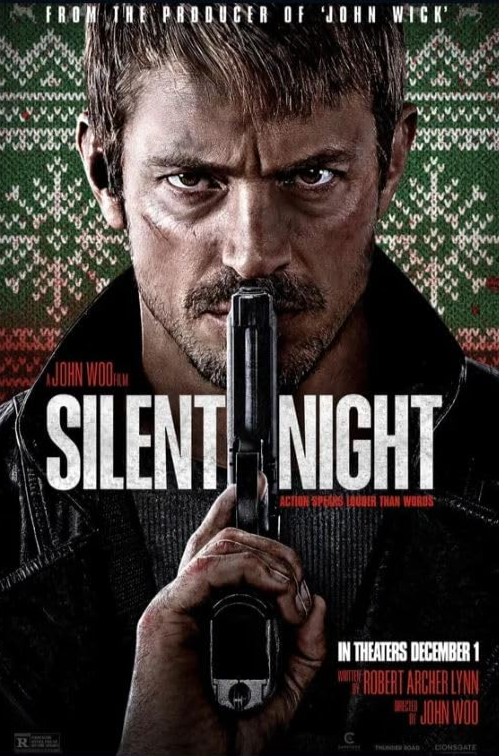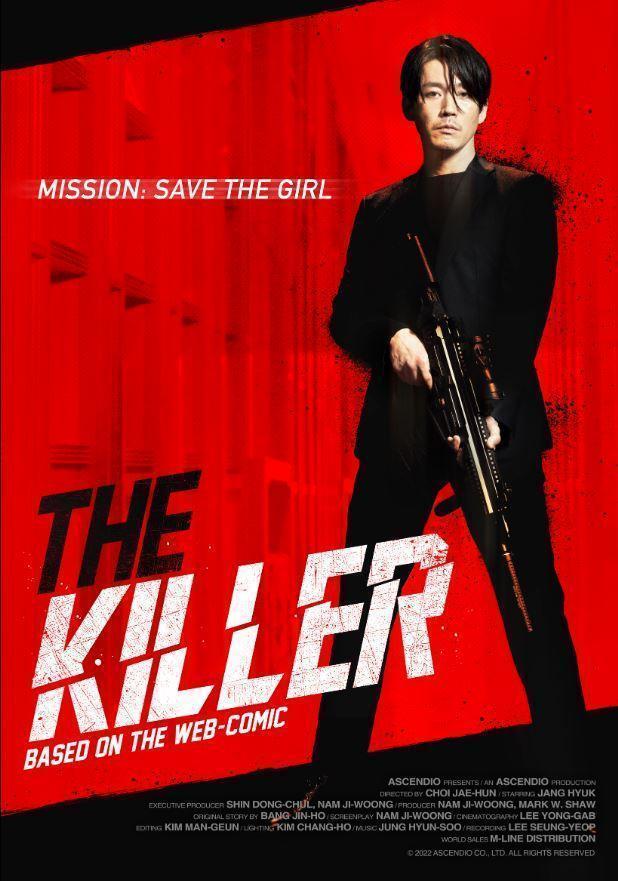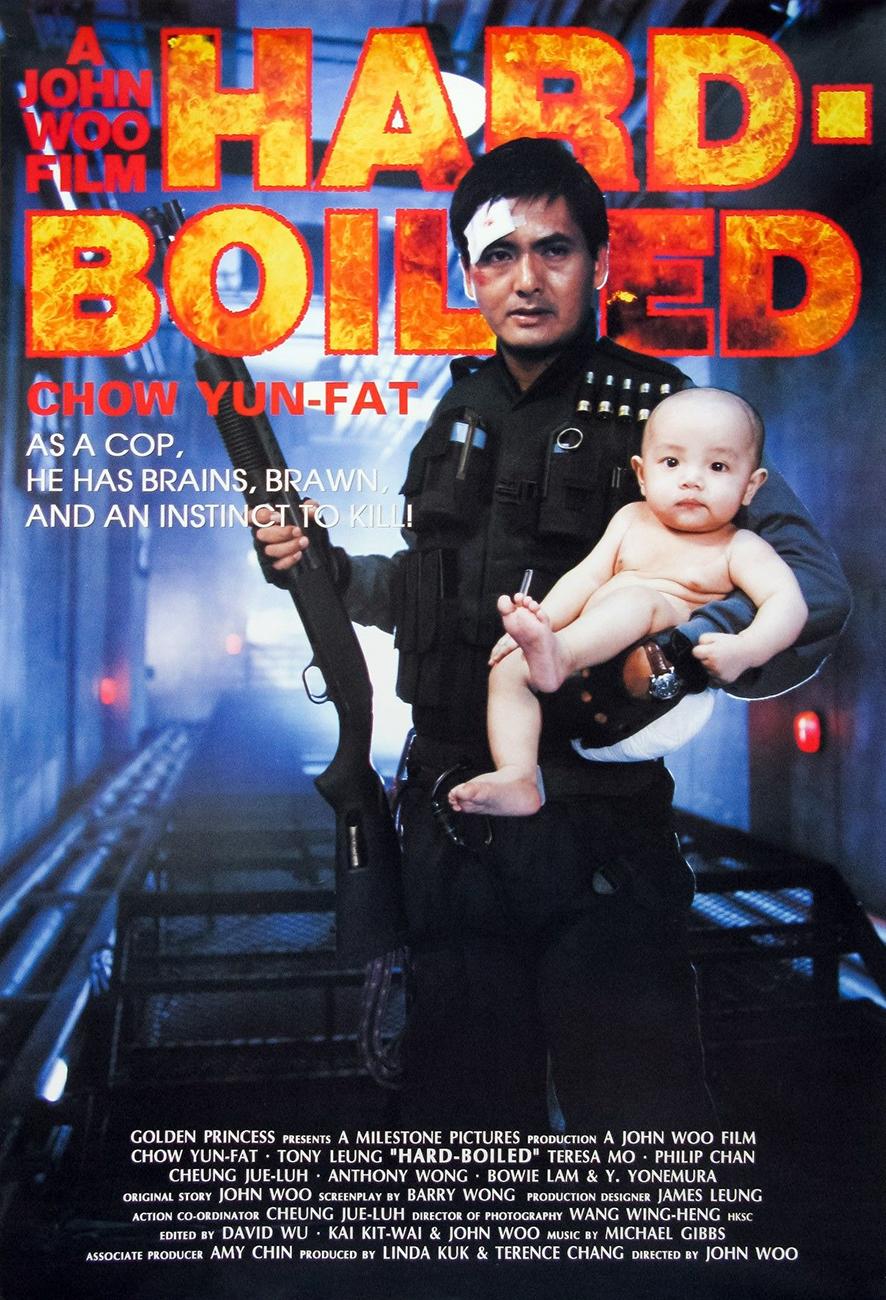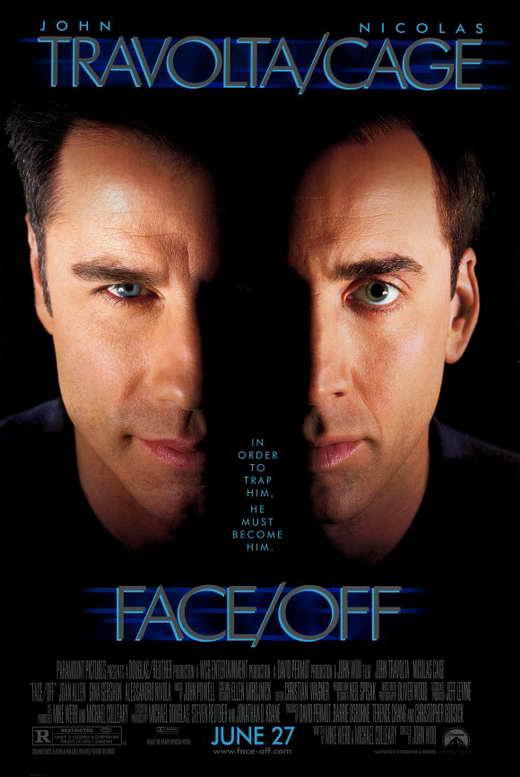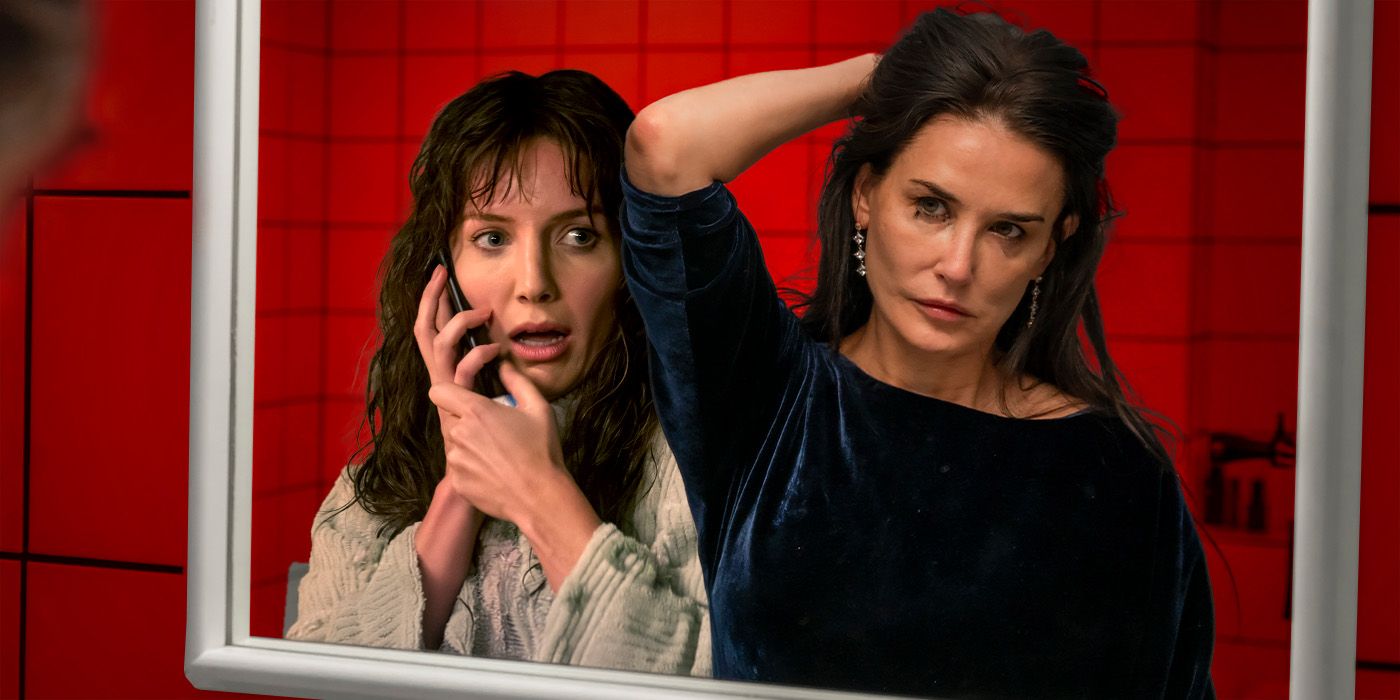
John Woo
Birthdate – September 22, 1946 (78 Years Old)
Birthplace – Guangzhou, China
John Woo (birthname: Wu Yu-Sen) is lionized as the most innovative director of the golden era of Hong Kong action cinema, especially in the 1980s and 1990s, when he developed a strong cult following in the West, leading to a Hollywood career. After starting his film career as a script supervisor with Cathay Studios in 1969, Woo joined Shaw Studios two years later and was determined to make contemporary action movies in the style of Bruce Lee.
Woo then began to direct and (for the most part) write a string of martial arts “wuxia” films, some choreographed by Jackie Chan, as well as comedies like Money Crazy (1977) and Run, Tiger, Run (1985). John Woo’s great breakthrough was the extraordinary, ground-breaking action movie produced by Tsui Hark, A Better Tomorrow (1986), co-starring Chow Yun-fat, Leslie Cheung, and Ti Lung, which won the Hong Kong Film Award for Best Film, as well as nominations for Woo for director and screenplay.
This was immediately followed with the arguably even superior A Better Tomorrow II (1987), one of the most poetically violent movies of the modern era, reuniting the original cast with Dean Shek. Woo won the Hong Kong Award for Best Director for his astonishing action movie, The Killer (1989), influenced by Melville and Martin Scorsese, and solidified Chow Yun-fat as Hong Kong’s top star. As director/producer/co-writer, Woo cast Leung, Jacky Cheung, and Simon Yam in the ambitious war-crime saga, Bullet in the Head (1990), earning a profit for Golden Princess Film Production.
John Woo was once again nominated for best director at the Hong Kong Film Awards for his stylish though slight crime drama, Once a Thief (1991), starring Chow, Leslie Cheung, Cherie Chung, and Kenneth Tsang. Woo made his final Hong Kong movie on a high with the dazzling Hard Boiled (1992), starring Chow, Tony Leung Chiu-wai, Philip Kwok, and Anthony Wong. For the next decade, John Woo made his movies with Hollywood studio backing, starting with Hard Target (1993), starring Jean-Claude Van Damme, Lance Henriksen, and Yancy Butler, and released by Universal Pictures for a strong $74 million global gross.
This success led to Woo directing 20th Century Fox’s $50-million Broken Arrow (1996), starring John Travolta, Christian Slater, Samantha Mathis, Delroy Lindo, Frank Whaley, and Howie Long, and tripling costs in a strong $150-million box office. Woo won the Best Director Saturn Award and more creative control for his second movie with Travolta, Face/Off (1997), co-starring Nicolas Cage, with Joan Allen and Gina Gershon, and providing yet another box-office hit with a $246 million global return. Woo made his biggest Hollywood movie with the hit sequel, Mission: Impossible 2 (2000), written by Robert Towne and starring Tom Cruise, with Dougray Scott, Thandiwe Newton, Brendan Gleeson, Rade Sherbedgia, and Ving Rhames, earning Paramount Pictures a hefty $550 million worldwide.
Woo’s remarkable box office run ended with the commercially disappointing war movie, Windtalkers (2002), starring Cage, Adam Beach, Peter Stormare, Noah Emmerich, Mark Ruffalo, Frances O’Connor, and Christian Slater, but earning Woo’s praise years later as one of his better movies. Woo directed and produced the sci-fi action movie adaptation of Philip K. Dick, Paycheck (2003), starring Ben Affleck, Aaron Eckhart, Uma Thurman, Paul Giamatti, Colm Feore, Joe Morton, and Michael C. Hall, and earning good reviews and fine ($117 million) box office; despite these assets, this was Woo’s final Hollywood movie for the next twenty years.
John Woo received a Best Director nomination from the Asian Film Awards for his first movie in Chinese in fifteen years, the epic two-part Red Cliff: Part 1 (2008), and then Hong Kong Film Award nominations for the second part, Red Cliff: Part 2 (released in China a few months later in 2009), starring an international cast including Tony Leung Chiu-wai, Takeshi Kaneshiro, Zhang Fengyi, and Zhao Wei, and breaking Chinese domestic box-office records for a $250 million total. Woo then co-directed Reign of Assassins (2010) with Su Chao-pin, starring Michelle Yeoh, and premiered at the Venice Film Festival.
John Woo directed and produced another Chinese-produced two-part historical epic, The Crossing (2014) and The Crossing 2 (2015), starring Zhang Ziyi, Kaneshiro, Song Hye-kyo, Huang Xiaoming, and Masami Nagasawa. Still, the $48.6-million-budgeted movie lost money with a $32.4 million return. Woo was director only on his return to his old Hong Kong style with the enjoyable Manhunt (2017), starring a mix of Japanese, Chinese, and Korean actors led by Masaharu Fukuyama, and premiering at the Venice Film Festival. After his longest stretch with a movie project, Woo returned to the big screen and Hollywood six years later with the revenge thriller, Silent Night (2023), starring Joel Kinnaman, Scott Mescudi, Catalina Sandino Moreno, and Harold Torres, and released by Lionsgate.
Personal Details
John Woo was born in Guangzhou, Mainland China, and was raised by parents first in the Mainland, and then, fearing persecution for being Protestant Christians in the new People’s Republic of China, fled to Hong Kong when Woo was five years old, and scraped together an impoverished existence in Hong Kong’s Shek Kip Mei slums, where a 1953 fire made them homeless.
Woo had a spinal disorder at age three, but a botched surgery prevented him from walking after he was eight years old. Woo never attended schools of higher education. Woo has been married to Anne Woo since 1976; the couple has three children, including actor-director-writer Angeles Woo. Woo’s height is 5’ 4½ ”. Woo’s estimated net worth is $60 million.
Some Facts About John Woo
Condition: John Woo’s spinal condition and surgery as a child left him with a shorter right leg than his left leg.
Movies as Way of Life: Because Woo was painfully shy and found even speaking to be a challenge, he discovered that movies were a means to communicate and express himself, deciding to “use movies as a language.”
French and American influences: John Woo was especially influenced by major French filmmakers, particularly Jean-Pierre Melville and his masterly crime dramas, as well as the “New Hollywood” Westerns of the 1960s and 1970s, especially Butch Cassidy and the Sundance Kid (1969).
Awards
Winner, Best Director, Academy of Science Fiction, Fantasy & Horror Films Awards (1998); Two-time Winner, UNESCO Award, Asia Pacific Screen Awards (2012); Winner, Top-Grossing Film Director, Asian Film Awards (2010); Winner, Best Director, Golden Horse Film Festival Awards (1986); Four-time Winner, Best Picture/Best Director/Best Film Editing, Hong Kong Film Awards (1987, 1990, 1991, 1993); Winner, Outstanding Contribution to Chinese Cinema, Shanghai Film Festival Awards (2009); Winner, Samurai Award, Tokyo Film Festival Awards (2015); Winner, Career Golden Lion, Venice Film Festival Awards (2010).

